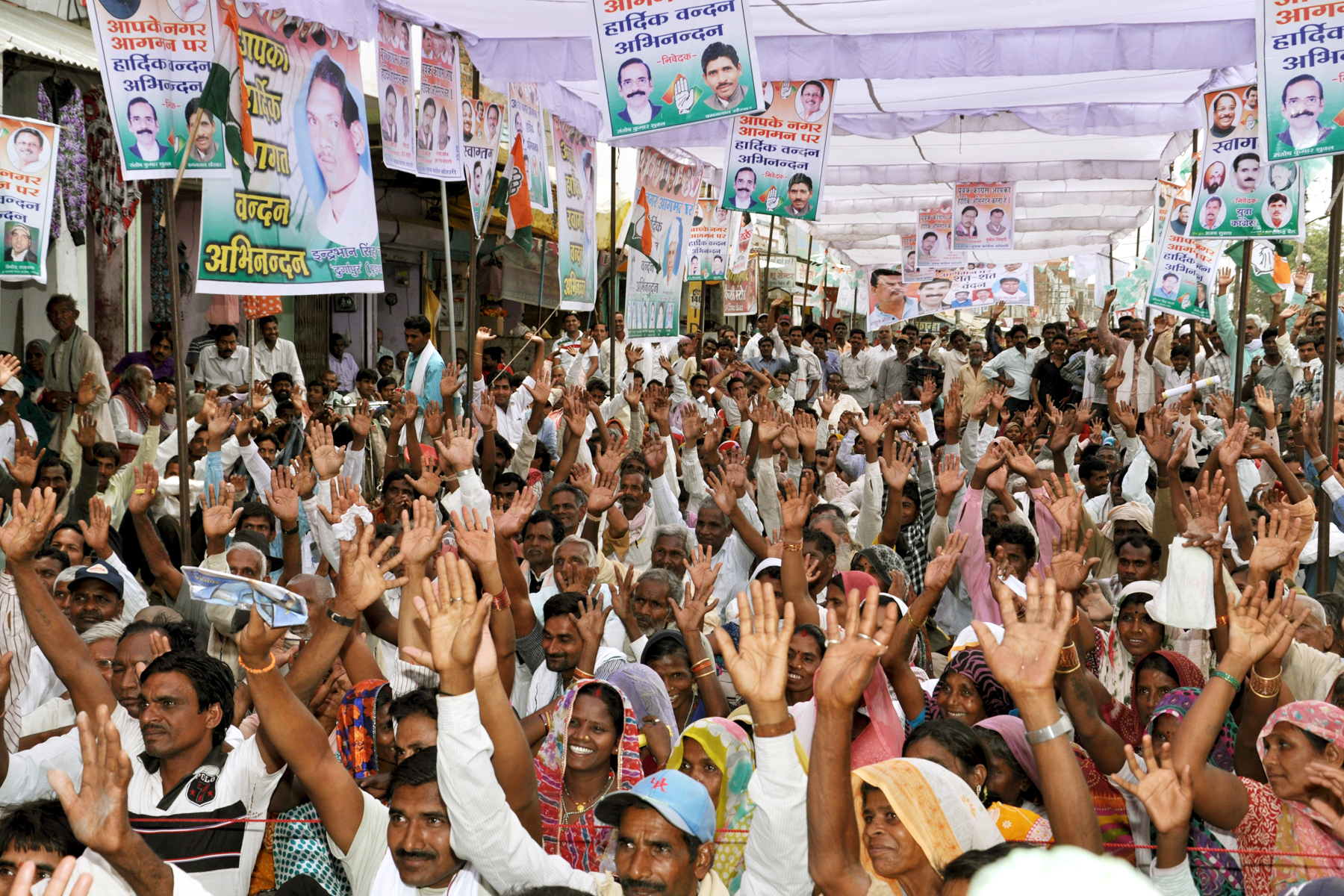Image From Wikipedia
⛔STOP!⛔ Before you look at the answers make sure you gave this practice quiz a try so you can assess your understanding of the concepts covered in unit 3. Click here for the practice questions:
AP Name Unit 3 Multiple Choice Questions.Facts about the test: The AP Comp Gov exam has 55 multiple choice questions and you will be given 60 minutes to complete the section. That means it should take you around 15 minutes to complete 15 questions.
*The following questions were not written by CollegeBoard and although they cover information outlined in the AP Comparative Government Course and Exam Description the formatting on the exam may be different.
A. Political Efficacy
B. Political Legitimacy
C. Popular Sovereignty
D. Civil Society
Answer: This is the definition.
📄
Study AP Comp Gov, Unit 3.1: Civil Society
A. Nongovernmental Organization
B. Political Party
C. Supranational Organization
D. Political System
Answer: This is the definition.
📄
Study AP Comp Gov, Unit 3.1: Civil Society
A. By protecting the right of assembly even for groups opposed to the political party in power
B. With mandatory registration and government monitoring
C. With rules that promote pluralism
D. By protecting the criminal due process rights of civil society groups
Answer: Civil groups in authoritarian regimes are far more restricted.
📄
Study AP Comp Gov, Unit 3.1: Civil Society
A. Holding national elections on a regular basis
B. Written protections of civil liberties
C. Robust political culture of civil society group pluralism
D. A written constitution with separate branches of government
Answer: While the other choices are aspects of democratization, giving a voice to the people via civil society is the best.
📄
Study AP Comp Gov, Unit 3.1: Civil Society
A. Political Culture
B. Political Legitimacy
C. Political Efficacy
D. Political Party
Answer: This is the definition.
📄
Study AP Comp Gov, Unit 3.2: Political Culture
A. Because the citizen was too busy to vote on election day.
B. Because the citizen was part of a coordinated effort to boycott an election that was widely viewed as rigged.
C. Because the citizen was disinterested in the election
D. Because the citizen forgot to vote on election day.
Answer: A collected view of public groups to go against an election is part of political socialization.
A. When a system of pluralism allows various factions to compete for a chance to shape policy making.
B. When a system of federalism guarantees representation and power to different peoples of different regions.
C. When a proportional representation system allows multiple parties to compete for a chance to control governing power.
D. When citizens feel that more conventional options for political participation are ineffective or unavailable.
Answer: Violence is usually a last resort for citizens.
A. With a political culture that allows citizens to not attend rallies without risk of being categorized as unpatriotic
B. With laws that safeguard the independent content of public protests.
C. By protecting the freedoms of citizens who protest to support candidates that rival the ruling party.
D. By mandating that citizens attend a rally to show support for the governing party.
Answer: Totalitarian governments want to have complete control and show force around their message.
A. The election occurs at a regularly scheduled time as directed by law or tradition
B. The election is held for national office across the country at the same time
C. The level of competitiveness between the ruling party and opposition parties
D. The election results are publicly announced
Answer: Without competition, an election is viewed as nondemocratic.
A. By using time and place regulations for local security as reasons to not grant permits for public protests.
B. By prohibiting all protests that critique the ruling party.
C. By punishing all protests that critique the government.
D. By censoring the Internet of all communications related to planned public protests.
Answer: Illiberal democracies usually curtail certain political rights.
📄
Study AP Comp Gov, Unit 3.7: Civil Rights and Liberties
A. Political efficacy
B. Political socialization
C. Social and political cleavages
D. Political legitimacy
Answer: This is the definition.
📄
Study AP Comp Gov, Unit 3.8: Social and Political Cleavages
A. Political recognition
B. Representation in government
C. Governmental coercion and repression
D. Creation of autonomous regions
Answer: This is the definition.
📄
Study AP Comp Gov, Unit 3.1: Civil Society
A. When a system of federalism guarantees representation and power to different peoples of different regions.
B. When a regional group seeks to gain sovereignty over territory within a country.
C. When a proportional representation system allows multiple parties to compete for a chance to control governing power.
D. When a system of pluralism allows various factions to compete for a chance to shape policy making.
Answer: This is the definition.
📄
Study AP Comp Gov, Unit 3.1: Civil Society
A. The collection of political beliefs, values, practices, and institutions that the government is based on
B. The historical evolution of political traditions that shape the current government's policy actions
C. The right to rule, as determined by the citizens of a country
D. The formal structure of the government and the relationship between central government and sub-governments
Answer: This is the definition.
📄
Study AP Comp Gov, Unit 3.2: Political Culture
A. Putting civilians in control of the military
B. Instating free, regular, competitive elections
C. Developing rule of law
D. Guaranteeing individual civil liberties and rights
Answer: This is the definition.
📄
Study AP Comp Gov, Unit 3.1: Civil Society
🤝 Connect with other students studying AP Comp Gov with
Hours
